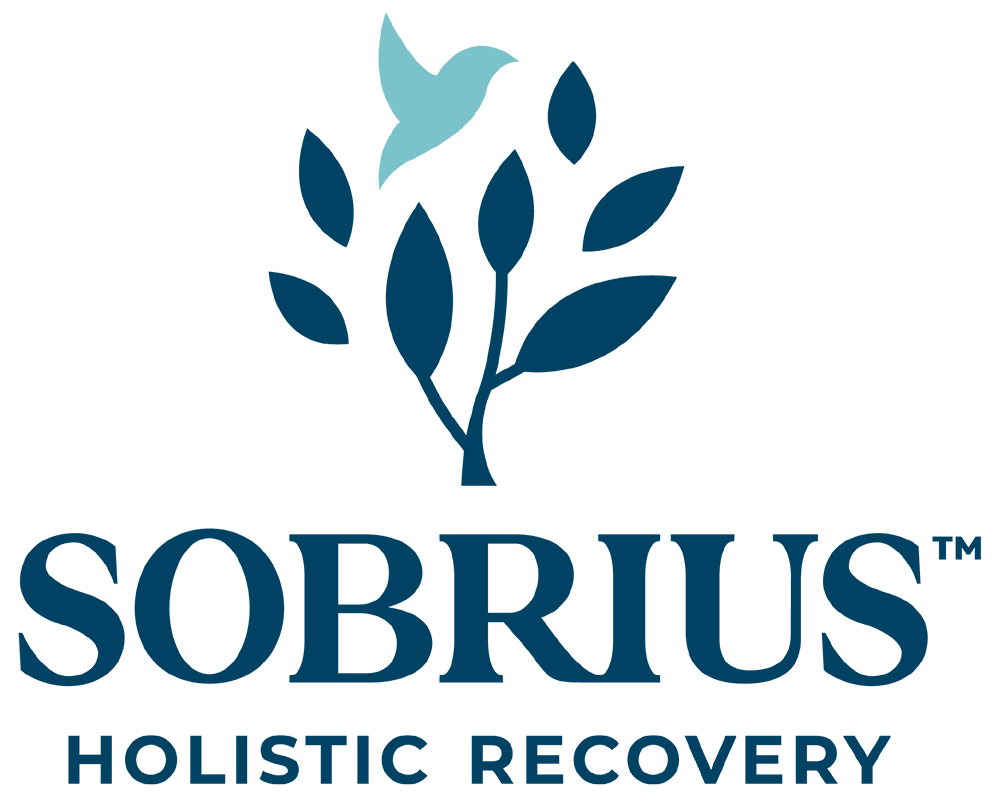Addiction does not always announce itself with obvious warning signs. Sometimes it hides in routines that look harmless from the outside. A glass of wine during dinner, a pill to get through a busy shift, or an energy booster before a workout can all seem ordinary.
Over time, these patterns may take root in ways that change both body and mind. At Sobrius, the focus is on helping people recognize these quiet risks early. With guidance from trusted addiction rehab centers in Lynchburg, small steps today can prevent bigger struggles tomorrow.
Grounded Everyday Habits Can Hide Substance Dependency
Addiction does not always look like a bottle hidden in a drawer or a needle in the arm. It often lives in habits that blend into daily routines:
- A professional who pours another glass of wine each night “to relax” until it becomes the only way to sleep.
- A student or busy parent leaning on “study drugs” or stimulants to juggle deadlines and late nights.
- Painkillers are prescribed for an injury that never seems to heal, even long after the body has healed.
- Sleeping pills taken every night until mornings feel impossible without them.
- Mixing a drink with medication after work because the stress feels unbearable otherwise.
- Fitness routines built around energy boosters and pills that slowly replace natural rest.
These moments feel ordinary, even deserved. That is why so many people miss the signs until they realize that life is starting to revolve around the substance, rather than the other way around.
Care such as medication assisted treatment in Lynchburg can help uncover and break these patterns before they grow into something harder to control.
Why Routine Habits Become a Slippery Slope
A habit that starts as comfort can quietly turn into something the body demands. Over time, tolerance builds, and that one drink, one pill, or one stimulant no longer feels like enough.
What follows is not just physical strain, but also an emotional toll.
- Guilt from hiding use.
- Secrecy that creates distance from loved ones.
- Fatigue that makes daily life harder.
- Strained relationships when the mask of “functioning” starts to crack.
Many people underestimate the danger because they appear to be holding everything together. Behind closed doors, though, the weight grows heavier. Support from trusted addiction rehab centers in Lynchburg helps break this cycle before it costs more than anyone imagined.
How Professional Care Breaks the Cycle
When habits blur into dependency, willpower alone is rarely enough to overcome them. Professional care works because it meets people where their struggles begin and provides them with lasting tools.
At reputed addiction rehab centers in Lynchburg, treatment is designed to match the reality of daily life:
- Someone leaning on painkillers can begin with a detox that resets the body and clears the fog.
- A student or professional caught in stimulant use can rebuild balance through counseling and therapy that teach healthier coping strategies.
- Those who feel trapped by prescription medication find relief with medication assisted treatment in Lynchburg, blending medical support with therapy.
- Connection returns through group therapy, where silence is replaced with understanding.
- Progress holds steady through aftercare programs that keep small steps from slipping backward.
Recovery feels less like a lecture and more like a guided path back to control.
Frequently Asked Questions About Everyday Habits and Addiction
-
I still manage work and family, but I rely on a drink or a pill daily. Is that serious?
Functioning on the outside can hide a real struggle inside. If you feel uneasy at the thought of cutting back, that feeling is important. It may be the first sign that professional support could help.
-
What if people around me think I am fine, but I do not feel okay?
You know your inner world better than anyone else. Worry, cravings, or quiet shame often show up long before others notice changes. Taking your own discomfort seriously is a strong and brave first step.
-
Do addiction rehab centers in Lynchburg only support people in crisis?
Addiction rehab centers in Lynchburg welcome people at many stages. Some arrive after a major crisis, while others come in when habits just start to feel unsafe. Earlier care often means gentler changes and steadier progress.
-
Can I start with a small step instead of entering a full program right away?
Yes. Many people begin with a private conversation, an assessment, or a few therapy sessions. These first steps help you understand options before deciding on a level of care that matches your needs and readiness.
-
How can medication assisted treatment in Lynchburg help if I am afraid of cravings?
Medication assisted treatment in Lynchburg uses approved medicines to reduce cravings and withdrawal while you work on deeper healing in therapy. The goal is to create enough stability that you can focus on your life again.
-
What will the first contact with Sobrius feel like?
You can expect a calm, private conversation where someone listens to your story and asks gentle questions about your health, habits, and goals. You are offered options and time to think, not pressure or judgment.
There Is a Future Beyond Addiction
Life on the other side of addiction can feel steadier than it does today. Morning energy feels more natural, conversations become more honest, and relationships have room to mend. Focus slowly comes back, health improves, and everyday moments start to feel worth showing up for. Even when the struggle has stayed quiet for years, change is still possible.
Support from addiction rehab centers in Lynchburg creates a safe space where healing begins and continues long after treatment starts. You don’t need to carry this alone. At Sobrius, privacy, care, and understanding are waiting for you. Reaching out today can open the door to lasting recovery and a future worth holding onto.

